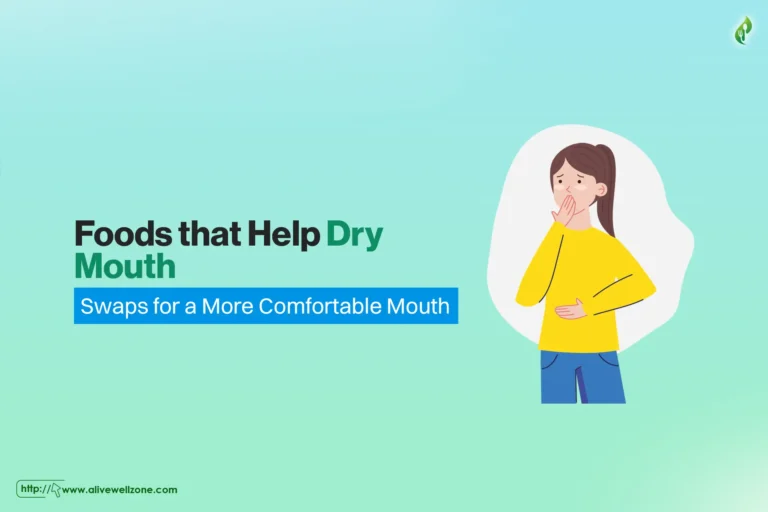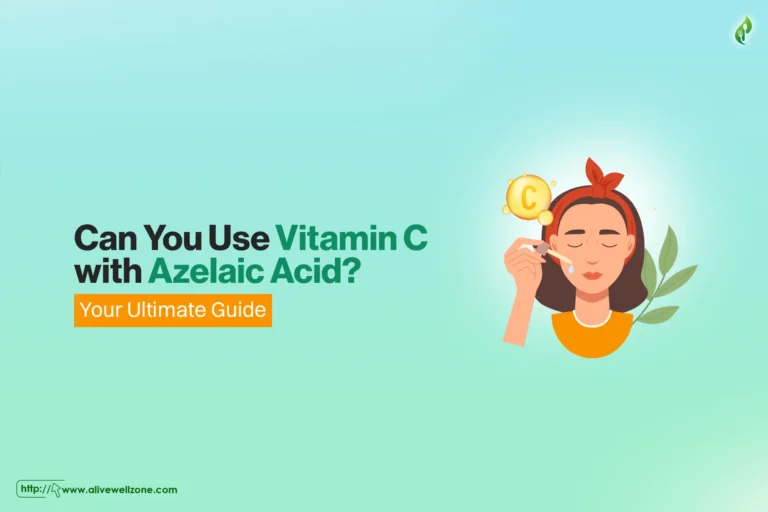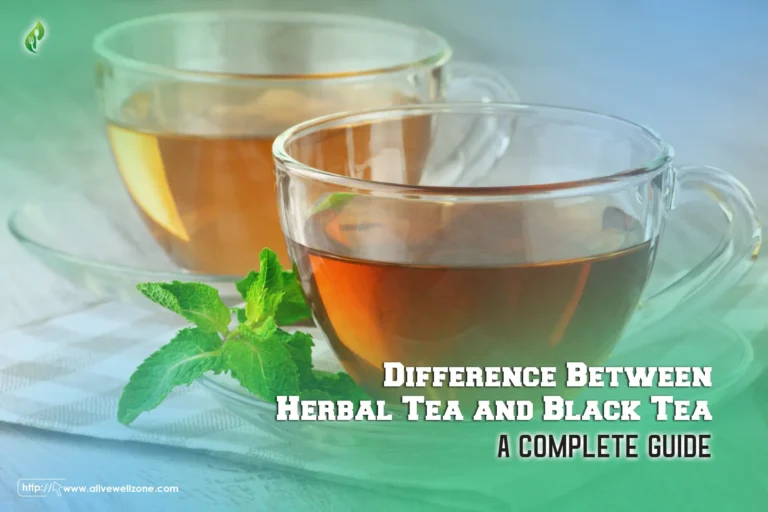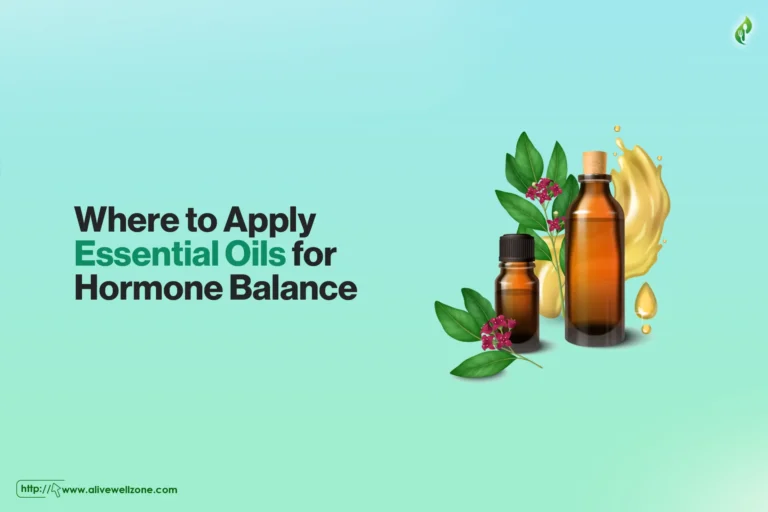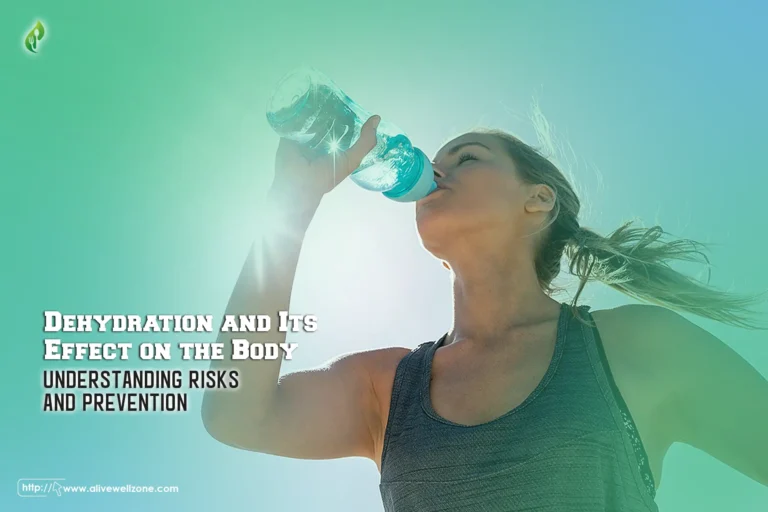
Last Updated on November 19, 2024 by Helena Akter
With busy modern lifestyles, many people struggle to fit proper oral hygiene into their routines. Well, you can forget to squeeze regular toothpaste out of a tube and embrace chewable toothpaste tablets.
These tablets provide an easy way to clean your teeth even when you don’t have access to water or a toothbrush. They’re ideal for travel, the office, or whenever you need a quick teeth refresh.
Now there’s more to learn about chewable toothpaste tablets. That’s why we’ll cover their benefits over regular toothpaste, and how to use and select them. So, just pop one of them in your mouth and keep reading.
What are Chewable Toothpaste Tablets?
Chewable toothpaste tablets, also known as toothpaste pills or “unpaste,” are a dry form of toothpaste compressed into small tablets. When you chew them, they mix with your saliva and turn into a foamy paste.
These tablets are mainly created as an environmentally friendly alternative to traditional toothpaste in plastic tubes. They’re often packaged in glass jars or metal tins. It’s important because the world’s biggest toothpaste brand makes about 20 billion plastic tubes every year.
Most toothpaste tubes are hard to recycle because they’re made of different types of aluminium and plastics, so they usually end up in large landfills. On the other hand, toothpaste tablets are mess-free and handy for travel or for people who are always moving around.
Benefits of Using Toothpaste Tablets
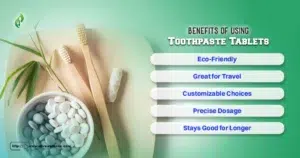
Toothpaste tablets offer several advantages that are becoming increasingly recognized —
Eco-Friendly
The packaging for these tablets, often pouches or glass jars, is completely eco-friendly and can be composted at home.
Great for Travel
Since they’re solid, you won’t have the same limitations as you would with liquid toothpaste when flying. This makes it possible for you to take care of your teeth wherever you are.
Customizable Choices
You have the freedom to pick the type of tablet that suits your dental needs and expert advice. Many options include fluoride to help prevent tooth decay.
Precise Dosage
Toothpaste tablets give you the exact amount of active ingredients needed for brushing, unlike traditional toothpaste where you decide how much to squeeze out.
Stays Good for Longer
These tablets don’t contain water, so they last a long time. They’re usually free from sodium lauryl sulphate (SLS) and chemical stabilizers, offering a more natural choice.
How to Use Chewable Toothpaste Tablets
Using chewable toothpaste tablets is straightforward. Here’s a simple guide on how most people use them —
- Start by wetting your toothbrush.
- Chew on the tablet until it becomes a foamy paste.
- Brush your teeth as you normally would.
- After brushing, rinse your toothbrush and mouth with water.
There’s another way to use them too. Instead of chewing —
- Crush the tablet into a powder and
- Put it on your wet toothbrush, just like you would with regular toothpaste from a tube.
- Then, brush and rinse as usual.
That’s all there is to it! Toothpaste tablets are not only easy to use but also good for the environment.
Can Children Use Toothpaste Tablets?
Toothpaste tablets make it easy to use the right amount of toothpaste – just one tablet per brush. But, for very young kids, there’s a choking risk. It’s best to keep these tablets away from children under 6 years old and get medical help if they swallow too many.
However, these tablets are becoming popular because they’re good for the environment and have clean ingredients. In fact, experts predict this market could grow to close to $40 million in value by the year 2026.
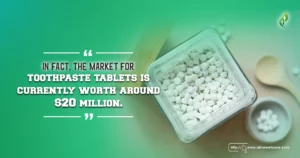
The future seems bright for these ‘zero-waste’ toothpaste options, but more research is needed before they can be recommended over regular toothpaste. The American Dental Association hasn’t given the green light to toothpaste tablets yet because there’s not enough evidence from clinical trials.
It’s important to understand the advantages and disadvantages of toothpaste tablets before you decide to use them.
What to Know When Considering Toothpaste Tablets?
Before trying toothpaste tablets, knowing what’s in them is important. Some ingredients are good, while others should be avoided.
- Firstly, fluoride is a must. The American Dental Association (ADA) advises using fluoride toothpaste twice daily for both kids and adults to prevent tooth decay. Don’t skip this ingredient.
- Also, look for nano calcium, which strengthens teeth against acidic foods and drinks. Probiotics are another good ingredient, as recent studies show they can reduce cavities.
- Avoid charcoal. It’s popular in many products, but it can be too harsh on your teeth, wearing down the enamel.
Toothpaste tablets can feel different when used. Some create a foamy texture like regular toothpaste, while others are grittier. It’s about what you prefer, but many find the foamy ones more satisfying as they feel cleaner.
Make sure to chew the tablet well before brushing to get the most foam. While research on toothpaste tablets is still growing, they can be a good choice if they contain fluoride.
Always check with your dentist or dental hygienist during regular visits to make sure your teeth stay healthy.
Conclusion
Exploring the world of chewable toothpaste tablets, we’ve discovered some great advantages. These tablets are eco-friendly and perfect for travel due to their small size. You get to pick from a variety of types, tailoring your tooth care to your needs.
They’re also useful because of their exact amount per tablet and long-lasting nature. But, it’s important to think about a few things before you decide to use them. For instance, are they suitable for kids? Do they meet your specific dental requirements?
Looking forward, these tablets have the potential to change the way we take care of our teeth every day, making the process easier, more effective, and better for the planet. Let’s keep learning and make the best choices for our teeth’s health.
Read more content from Alive well zone
FAQs
Are toothpaste tablets harsh on teeth?
No, toothpaste tablets aren’t harsh. They gently polish your teeth with baking soda, which is soft and doesn’t harm your tooth enamel.
What ingredients are good in toothpaste tablets?
Look for ingredients like nano-hydroxyapatite, licorice root, xylitol, and zinc citrate in toothpaste tablets. They’re great for preventing tooth decay and plaque, and keeping your mouth healthy.
Do toothpaste tablets make teeth whiter?
If you’re hoping for a brighter smile, toothpaste tablets might not give quick whitening results. Regular whitening toothpastes often use liquid hydrogen peroxide to lighten teeth, but tablets usually don’t have this.
Can toothpaste tablets stop cavities?
Yes, tablets with fluoride, nano-hydroxyapatite, or xylitol help prevent cavities. Fluoride fights germs and forms a protective layer on teeth. Nano-hydroxyapatite strengthens teeth and fixes enamel by adding back minerals. Also, many tablets have xylitol, a natural ingredient that reduces plaque-forming bacteria in your mouth.

